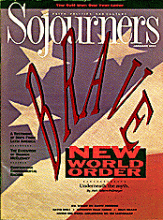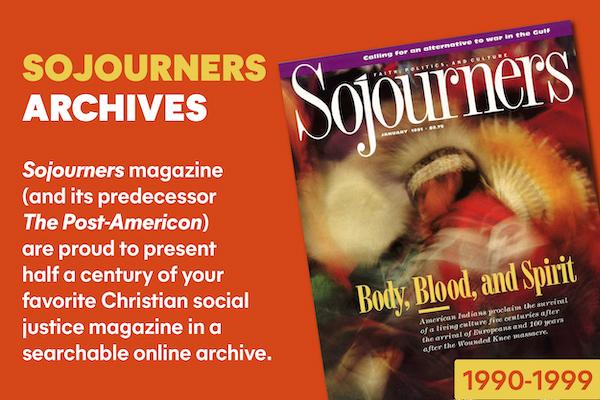The Scripture texts offered to us during this time between Christmas and Lent draw our attention to the Lord Jesus' appearance--"Epiphany"--in human history. The gospels and the Hebrew texts point in several different ways to God's faithfulness to the ancient promise, "The virgin shall conceive and bear a son and shall call his name Immanuel" (Isaiah 7:14).
This liturgical season is one of great joy and wonderment. We come face to face with the almost unbelievable fact that God has so loved the world that the only son is sent to us. Creator touches creation in the most real way--in the person of Jesus the Christ. And he has made himself clearly known to us in his many epiphanies.
January 5: Epiphany Sunday
Jeremiah 31:7-14; Ephesians 1:3-6,15-18; John 1:1-18
These January Sundays begin, fittingly, with the prologue of John's gospel, that penetration into the very life and being of God: "In the beginning was [already] the Word, and the Word was with God, and the Word was God." The passage goes on to announce the great Epiphany of the Word who is God, stating that this person who is with God was made flesh and pitched his tent among us. We cannot exaggerate the magnitude of this assertion. The divine, eternal, omnipresent--God--joins with that which is transitory, mortal, and imperfect--flesh. Because of this incarnation, "of his fullness we have all had a share."
Read the Full Article

